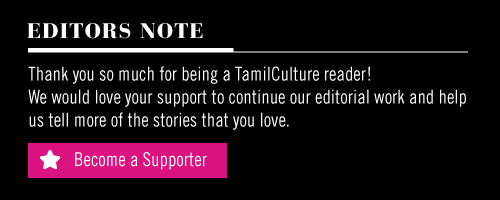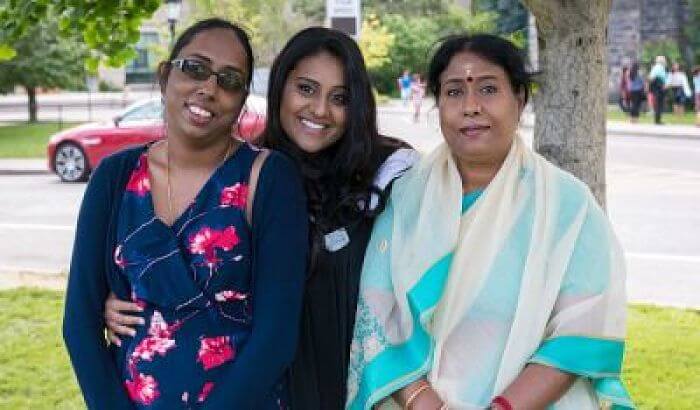
Nearly three decades ago, a husband and his pregnant wife were fleeing the Sri Lankan riots on a bicycle with their two children, who were one and two years old respectively. The toddler was on the bar of the bike, and the infant was being carried on the mother’s lap. During this already stressful time, they had an untimely accident, causing severe maternal blood loss, leading to decreased placental and fetal blood flow. The resulting anoxic brain injury to the fetus left her with significant mental and physical disabilities at birth. Her pediatrician counselled the mother that her newborn child would not be able to walk or talk.
[caption id="attachment_17605" align="alignleft" width="357"]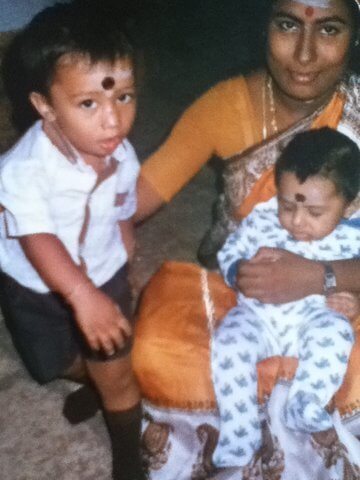 Mother, Vijitha Tharmalingam (Co-founder of ATI Foundation Inc.) with her two eldest children.[/caption]
Mother, Vijitha Tharmalingam (Co-founder of ATI Foundation Inc.) with her two eldest children.[/caption]
My name is Arani and that little girl – who is now much taller and chattier than me – is my dear sister, Meera. My sister may be chronologically six years older than me, but, functionally, she has many additional supervision needs, similar to a young child. Meera was born in a small village in which exceptionalities were not common.
At the time, my sister was the first disabled child even in our extended family, so there was no prior education or knowledge behind mental illnesses. Growing up, I saw my mother go through numerous obstacles and difficulties. I have seen her face sleepless nights and restless days, from waking up in the morning, brushing my sister’s teeth, providing her peri-care, assisting her with putting on clothes, making fancy hairstyles, feeding her, travelling to numerous cities to visit doctors and specialists – and the list is endless even today. Moreover, my mother faced additional language barriers in the southern part of Sri Lanka, where my sister was receiving treatment. This treatment has continued to this day in Canada, once she immigrated here in 1992.
In addition to the stress of providing care for my sister, my mother had to face multiple intersecting layers of discrimination, due to the stigma associated with mental illness. In fact, her own immediate family members shunned her constantly. Even today, the stigma surrounding mental health and mental illnesses is still an ongoing challenge. My mother wanted to share her knowledge and resources, which she lacked 30 years ago, to form a community of love and kinship, and this is the reason why she co-founded ATI Foundation in 2014.
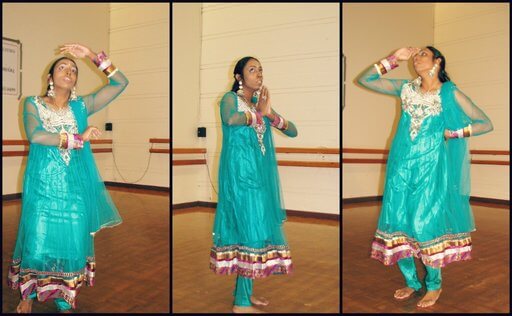
ATI Foundation stands for, “Annai Thantha Illam”, which is a Tamil phrase that translates literally to “a home provided by the mother”. Our goal is to provide the same level of care, support, and services for our clients that is provided from their own mothers. We are a nonprofit cross-disability organization that empowers Canadian Tamils with disabilities to realize their potential and achieve their goals. Our mission has continued to be focused on providing a nexus of support for both Canadian Tamils who face challenges with mental and physical conditions, but also their caregivers, who are often in need of respite and supportive care. A study conducted by the American Psychological Association in 2012 found that 83.3% of parents of children with disabilities also suffer from depression. To put that into perspective, every four out of five parental figures are affected by a mental illness. Parents of children with special needs tend to be faced with an endless bombardment of challenges from societal isolation, financial strain, difficulty finding resources, to outright feelings of being burnt out, especially in a community with cultural and language issues that may hamper access to community services. We hope to continue developing programs and initiatives that help minimize these systematic barriers.
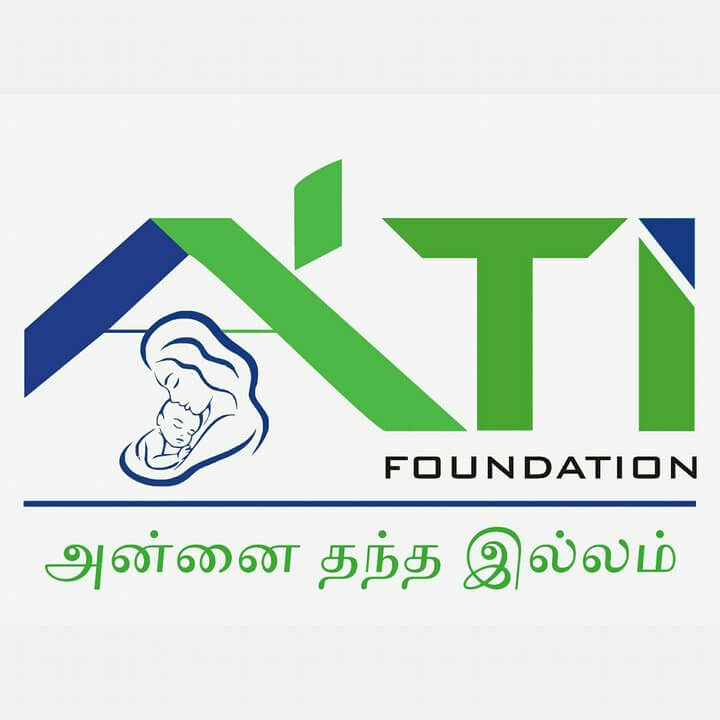
For the past two years, we have been running a weekly day-program called DAILI (Differently Abled Independent Living Initiative). Through this program, we are able to hire professionals in order to provide support services for our clients, including training affected individuals to perform day-to-day functions, and facilitate occupational and recreational activities with our clients and caregivers that emphasize their strengths and skills.
[caption id="attachment_17609" align="alignleft" width="782"]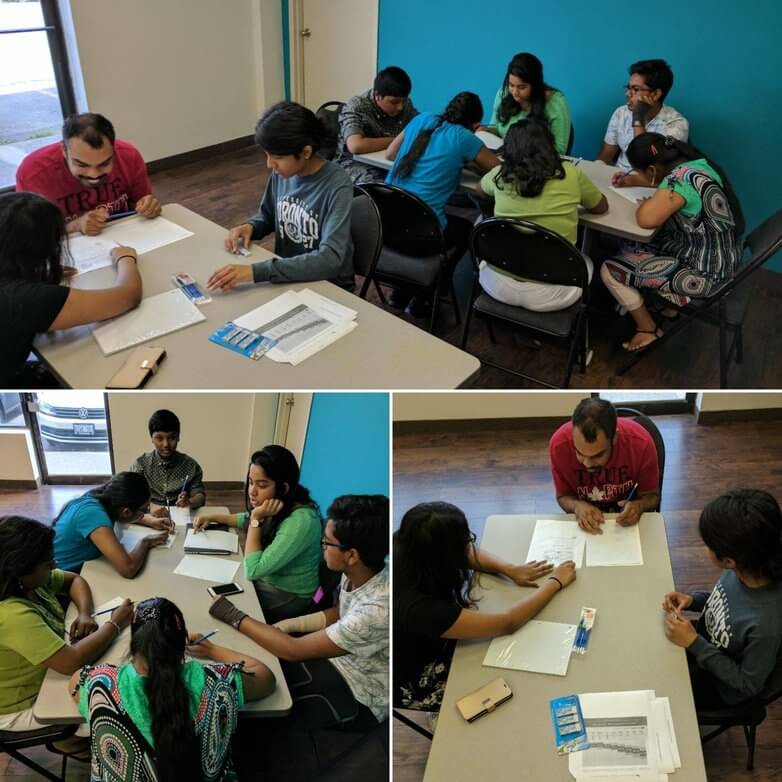 DAILI (Differently Abled Independent Living Initiative) provides support services for our clients, including training affected individuals to perform day-to-day functions, and facilitating occupational and recreational activities with our clients and caregivers[/caption]
DAILI (Differently Abled Independent Living Initiative) provides support services for our clients, including training affected individuals to perform day-to-day functions, and facilitating occupational and recreational activities with our clients and caregivers[/caption]
An exciting and fun aspect of our organization, which all of our members look forward to, are our field trips, such as the ones to African Lion Safari and the Thousand Islands. Many of our clients expressed that they are not able to enjoy road trips, due to inadequate accommodations that are available. We make sure to address these needs using skilled volunteers, so that the caregivers and their children enjoy their time.
Video of our last field trip:
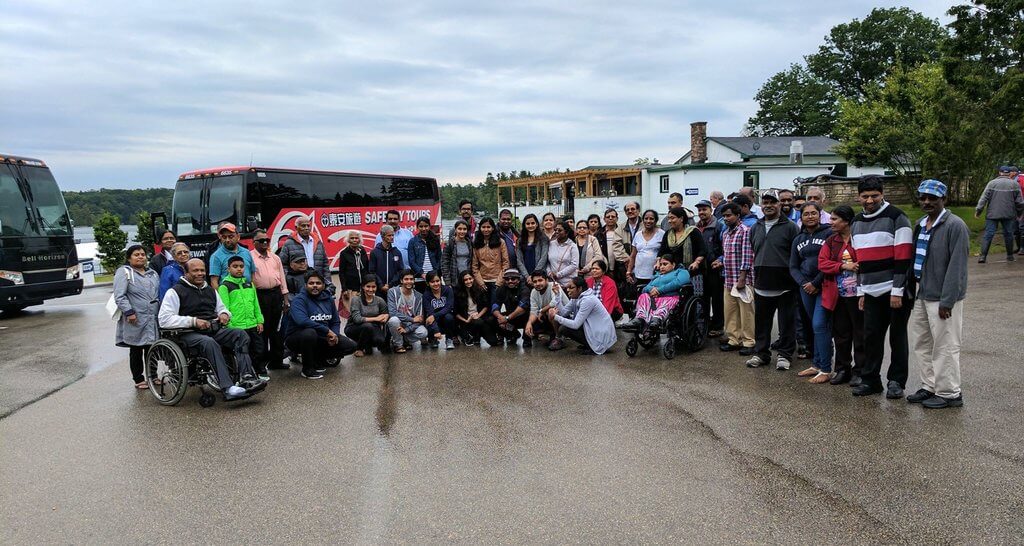
For now, the ATI Foundation hopes to continue developing new initiatives, like the DAILI Program, that utilizes individuals with disabilities, their family, and our blossoming team of volunteers and experts to build sustainable solutions that promotes cohesive and happy living for our clients. To reduce the mental stress among caregivers and the children with disabilities, ATI Foundation is executing a new program to help our already marginalized community, by hosting a recreational centre from Monday to Friday. More importantly, our clients who are not able to communicate their feelings and mental strain are being looked after by highly skilled and trained professionals, one-on-one, to help relieve their mental stress. Our long-term goal is to build a facility by 2020 for individuals with disabilities that can serve as a physical centre to cluster skilled experts, provide housing with appropriate modifications, and to facilitate the development of shared kinship and community.
Thank you for taking the time to read through this article. I hope that our story will inspire you to join us in our journey. Please contact [email protected] or visit http://atifc.com if you have any questions or suggestions, and please visit our Facebook page, https://www.facebook.com/ATIFoundationCanada/.
More importantly, if you know anyone who will benefit from our services, please pass on ATI Foundation’s information.




